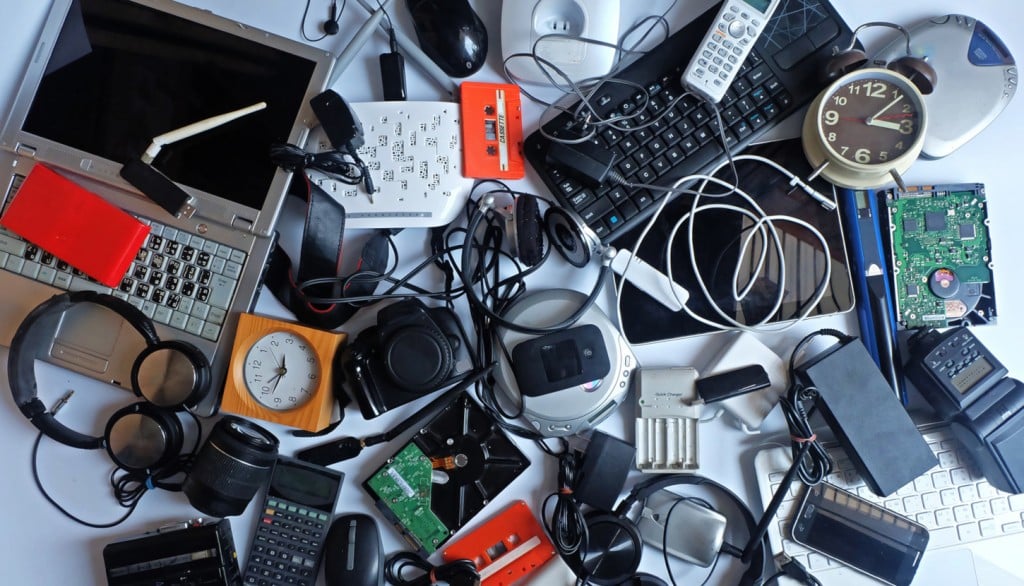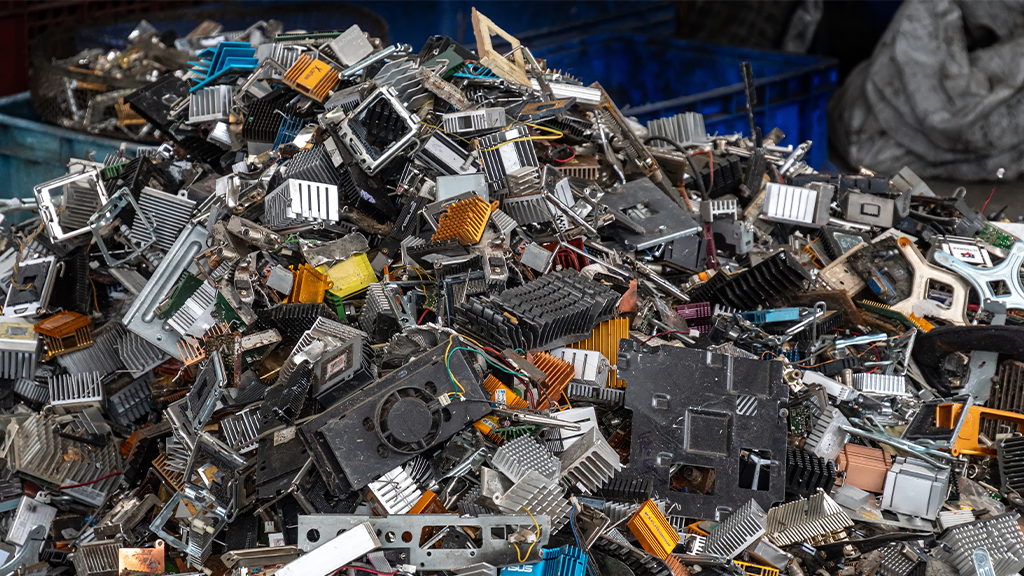
Polytechnique Montréal has launched the Canada-wide Collaborative Research and Training Experience in Sustainable Electronics and Eco-Design (CREATE SEED) initiative, which will bring together some 20 Canadian and international universities and industrial partners to improve the way electric and e-waste is reused and recycled, and promote eco-design.
Incessant demand for electronic equipment produces huge amounts of waste, and in 2016 alone, e-waste amounted to 44.7 megatonnes - including 724 kilotonnes from Canada. Although e-waste contains substances that are hazardous to health and the environment, it also contains precious metals that are financially appealing to the recycling industry. As an example, one tonne of mobile phones contains about 100 times more gold than a tonne of gold ore. The CREATE SEED initiative intends to optimize the way valuable materials are gathered from e-waste, while at the same time rethinking how the electronics supply chain functions.
Training a new generation for transformation
Professor Clara Santato, (Department of Engineering Physics) is an expert in organic electronics at Polytechnique Montréal, and is leading the CREATE SEED project. Her team and partners have been awarded $1.65 million over the next six years for this initiative, granted by the federal government's Natural Sciences and Engineering Research Council of Canada (NSERC) CREATE program.
The project will bring together 50 researchers, students, and partners, and has both training and research objectives. The first objective seeks to change conceptual thinking paradigms about electronics, break down information silos, and eliminate blind spots - particularly in the field of ecotoxicology, and in terms of raising awareness about the universal nature of the e-waste problem. The CREATE SEED program intends to innovate in this manner by establishing a radically different approach to training the next generation of engineers, designers, and analysts, to transform their vision of e-waste, thereby alleviating electronics' environmental footprint.
In terms of research, CREATE SEED will rethink electronic product design, using the best of conventional inorganic electronics and emerging organic technologies, combined with the development of manufacturing processes that minimize e-waste's environmental footprint. An example of their innovative plans include smartphones made from biodegradable, upgradable components (e.g. organic transistors, organic light-emitting diodes) that also use organic materials (e.g. melanins, tannins, lignin, green chemistry materials) to curb e-waste production and its associated pollution.
The initiative comprises 20 researchers from Polytechnique Montréal, Institut national de la recherche scientifique (INRS), McGill University, the University of Toronto, the University of Waterloo, the University of British Columbia, and is supported by the National Research Council of Canada, École de technologie supérieure (ETS), HEC Montréal, the Printability and Graphic Communications Institute, the Université de Montréal, the Université de Sherbrooke, New York City University's Queen's College, the University of Nigeria - Nsukka and United Nations University.


